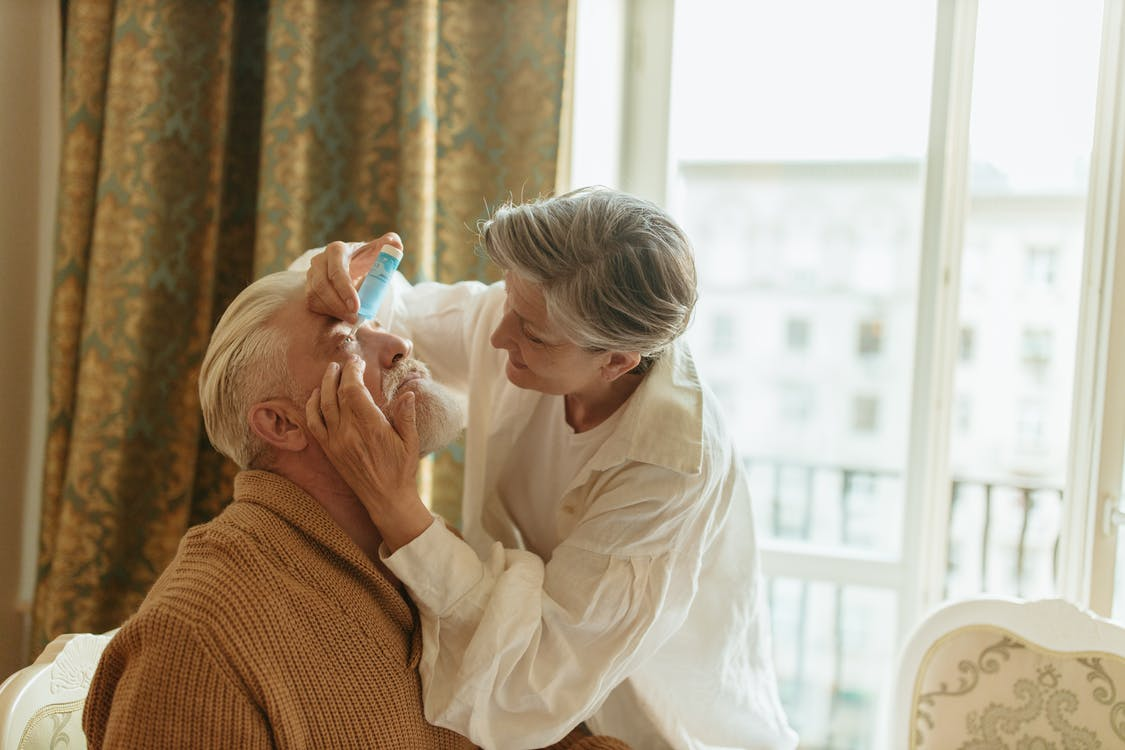How to Get Relief from Eye Allergies
People usually seek treatment if they experience allergic symptoms, like nasal congestion or sneezing. This is also the case for eye allergies, also known as allergic conjunctivitis.
Though eye allergies are common, they can be annoying and affect your day-to-day activities. Effective eye treatment is necessary if you’re experiencing allergic symptoms. Apart from seeking professional treatment, some people might also enroll in a prescription assistance program to access affordable medication.
Here’s all you need to know.
What is Eye Allergy?
Before discussing allergic conjunctivitis treatments, we must understand the condition and its causes.
Eye allergy, or allergic conjunctivitis, is an immune response to allergens. These include pollen, dust, dander, mold, smoke, etc. Allergic symptoms occur when your eyes come into contact with a substance that triggers your body’s immune system. As a result, your immune system releases histamine and other active substances via mast cells as a method to defend the body against invaders. This is why you usually experience soreness or inflammation in your eyes.
Common allergic conjunctivitis symptoms include:
- Red and irritated eyes
- Burning and teary eyes
- Eyelids swelling
- Blurred vision
- Sensitivity to light
Diagnosis For Eye Allergies
If you experience any of the above symptoms, it’s best to get yourself checked by an allergist. It’s especially important if you’re experiencing any other allergy-related symptoms. The allergists usually conduct a skin prick test that involves inserting limited amounts of suspected allergens to check for adverse reactions. Once the allergist identifies the allergen, they tailor the best course of treatment according to your needs.
There are two types of eye allergies: seasonal and perennial. You can get seasonal allergies during a specific time of the year, like spring or autumn allergies. Perennial allergies can occur at any time of the year and are caused by dander, smoke, dust, etc.
Eye Allergy Treatments
When it comes to eye allergy treatment, over-the-counter medicines can offer temporary relief from the symptoms. However, prescription medicines offer both temporary and long-term relief from the symptoms.
The medicines commonly prescribed for eye allergies include:
- Antihistamines
- Decongestants
- Steroids
- Mast cell stabilizers
Decongestant eye drops, like oxymetazoline (Afrin) or pseudoephedrine (Sudafed) can curtail redness by constricting blood vessels. However, they don’t relieve all the symptoms, and the results are usually short-lived.
Doctors usually recommend antihistamines as the first treatment for eye allergies. These usually include loratadine (Claritin) or diphenhydramine (Benadryl). However, the results are short-lived and can cause eye dryness. Corticosteroid eye drops are prescribed for the treatment of long-term symptoms.
Nonsteroidal anti-inflammatory drugs, like Ketorolac (Acular, Acuvail) are the only approved drugs to treat itchy eyes.

If you need help with buying prescription medicine, consider us!
Advocate My Meds is a prescription assistance organization that offers different financial assistance for prescriptions to help patients access prescription medicines all across the US. Just check if you’re eligible for our prescription assistance enrollment and enroll immediately.
Get in touch with us right away.







